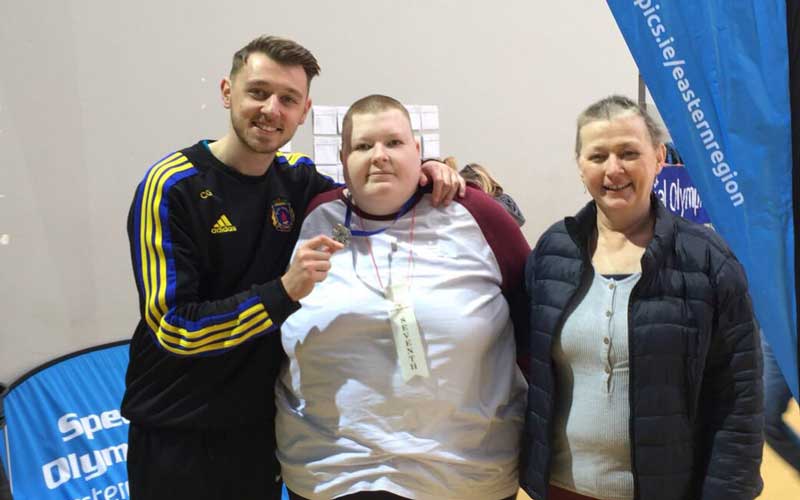Prader-Willi Syndrome (PWS) is a complex genetic condition that affects many parts of the body. Understanding the causes, symptoms, and treatments of PWS is essential for managing the condition effectively. PWS is a rare genetic disorder that occurs in about 1 in 15,000 births globally. It is caused by the loss of function of specific genes on chromosome 15. In most cases, this loss of function occurs randomly and is not inherited from the parents. However, in about 25% of cases, PWS is inherited from a parent with a genetic mutation. You mmay check out this website for comprehensive information about Prader-Willi Syndrome.
Individuals with PWS often experience a range of physical, cognitive, and behavioral symptoms. One of the hallmark symptoms of PWS is hyperphagia, or an insatiable appetite. This constant hunger can lead to rapid weight gain and obesity if not properly managed. Other physical symptoms of PWS may include low muscle tone, short stature, incomplete hormonal development, and sleep disorders. Cognitive symptoms of PWS can vary widely, but may include learning disabilities, intellectual disabilities, and behavioral challenges such as obsessive-compulsive tendencies and anxiety.

Image Source- Google
Early diagnosis and intervention are crucial for managing PWS effectively. Treatment for PWS is focused on addressing the various symptoms and complications that may arise from the condition. One of the most critical aspects of treatment is managing the insatiable appetite and preventing excessive weight gain. This may involve strict dietary restrictions, close monitoring of food intake, and behavioral interventions to help individuals with PWS regulate their eating habits.
In addition to managing the physical symptoms of PWS, individuals may also benefit from speech therapy, physical therapy, and occupational therapy to address cognitive and developmental challenges. These therapies can help individuals with PWS improve their communication skills, motor skills, and overall quality of life. It is essential for individuals with PWS to receive comprehensive care from a multidisciplinary team of healthcare professionals to address the complex nature of the condition.
Medication may also be prescribed to help manage certain symptoms of PWS. For example, growth hormone therapy may be used to address short stature and incomplete hormonal development in individuals with PWS. Medications may also be prescribed to help manage behavioral challenges such as anxiety and obsessive-compulsive tendencies. It is important for individuals with PWS and their caregivers to work closely with healthcare providers to develop a treatment plan that addresses their individual needs and symptoms.
Research into the causes and treatments of PWS is ongoing, and new advancements are being made regularly. Scientists are studying the genetic mechanisms behind PWS to better understand how the condition develops and how it can be effectively treated. Clinical trials are also being conducted to test new therapies and interventions for individuals with PWS.
